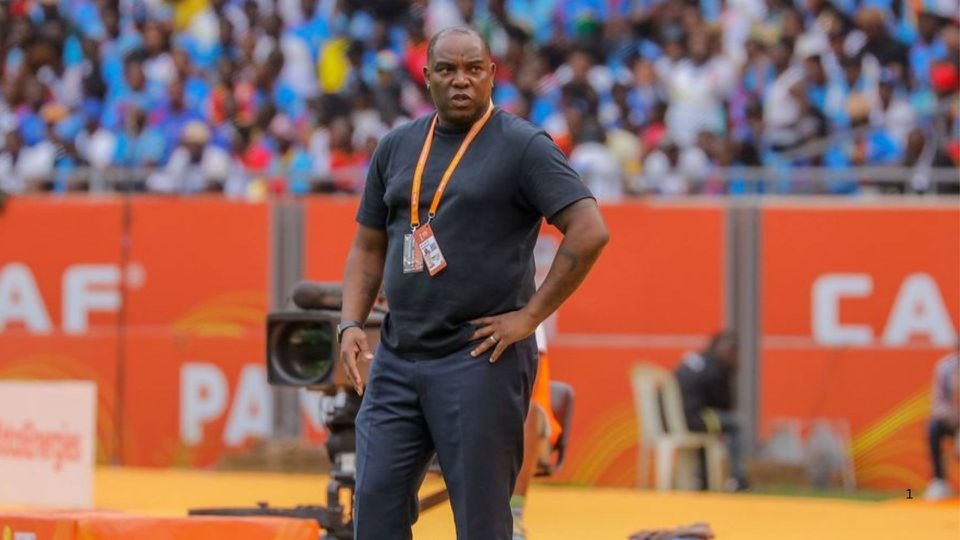Kenya’s national football team entered the November international window with one of the largest financial backing packages in its history, yet walked away from Turkey with one of its darkest results. The 8–0 defeat to Senegal was more than a sporting embarrassment—it was a brutal audit of Kenya’s massive expenditure, long-term ambitions, and the management structure tasked with delivering results ahead of AFCON 2027.
The team’s preparation was meant to peak at the Titanic Sports Complex, a venue chosen for fine-tuning tactical ideas under the guidance of head coach Benni McCarthy. Instead, the match exposed deep vulnerabilities that financial investment alone could not mask. The government had earlier confirmed a record Sh232 million allocation in allowances and bonuses to players and technical staff, a figure that symbolized Kenya’s renewed ambition to create a winning football culture.
The investment also covered multiple training camps, logistical support, and additional performance bonuses, forming the backbone of a two-year plan to develop a more aggressive, attacking Harambee Stars identity. While the federation dismissed reports claiming McCarthy’s salary approached Sh8 million per month, public interest in the true cost of the project has remained high.
On the pitch, however, Senegal delivered a harsh verdict. Six goals flew in before halftime, with Kenya conceding almost every seven minutes. Psychological fragility, tactical disorganization, poor game management, and an overwhelmed defensive unit combined to produce the country’s heaviest defeat in nearly five decades. By the time the final whistle blew, it was clear the performance fell far short of the expectations tied to the unprecedented investment.
The broader concern now revolves around value for money. Between August and November, the team displayed signs of progress—reaching the CHAN quarter-finals and securing a crucial World Cup qualifying win. Yet those positives were overshadowed by losses to Ivory Coast, Equatorial Guinea, and the historic collapse against Senegal.
Kenyan fans and analysts are now demanding measurable accountability. With the AFCON 2027 project still central to national planning, the FKF faces urgent questions: What tangible impact has the Sh232 million investment produced? How will the technical staff address glaring structural weaknesses? And what assurances exist that continued funding will translate into competitive progress?
The road to 2027 is still open, but the defeat in Turkey has reset expectations—and intensified pressure for real, transparent improvement.

